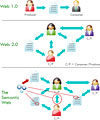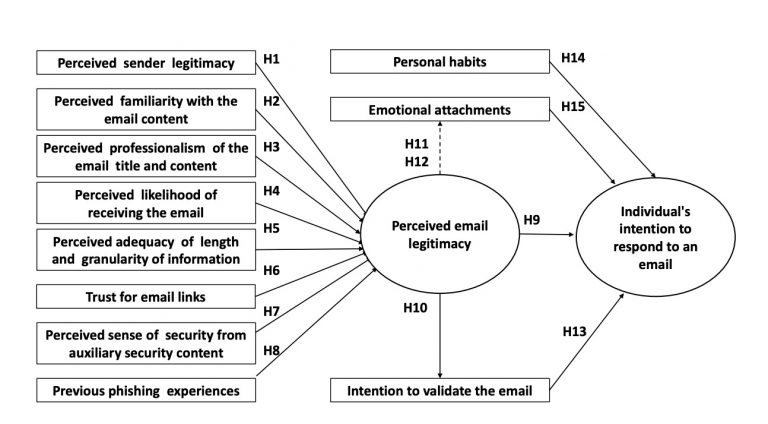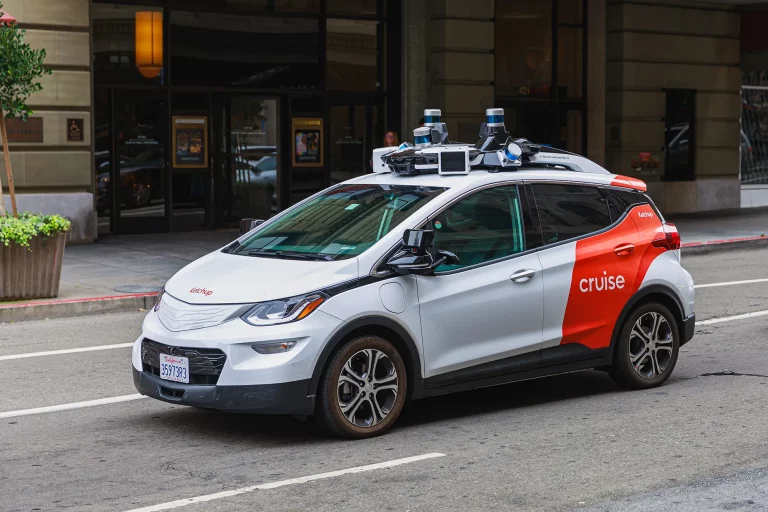Explaining the semantic web in plain English
The semantic web is about making computers behave (or ‘think’) more like humans. The easiest way to understand what this means is to use a cooking analogy. Think of each website where you put your content as a big cookpot. You might throw a carrot into one pot and tag it ‘carrot’, and into another you might put some spaghetti and tag it ‘pasta’. Computers are fine with this kind of input.
But what computers can’t do yet is understand that the thing you called ‘carrot’ is a root vegetable, is full of Vitamin A – and that you are making minestrone soup. It also doesn’t know that you have another pot simmering, and that there’s pasta in there. Or that you need to make a sauce for it. This kind of thinking requires context, and an ability to see the big picture – that is, to know what’s in each pot, and to understand that you’re making dinner. That’s all that data-meshing is; it’s about applying meaning to information from different sources. This is what the semantic web is all about; I call it the “web of meaning” or the “contextual web”. It means being able to ask your computer everything from “When did I last have Sally over?” to “Can I afford a new laptop this month?”.





[…] Gracias a “Experientia: Putting People First” […]
[…] experientia.com und wer nicht auf einen Podcast verzichten möchte, hier it is: […]